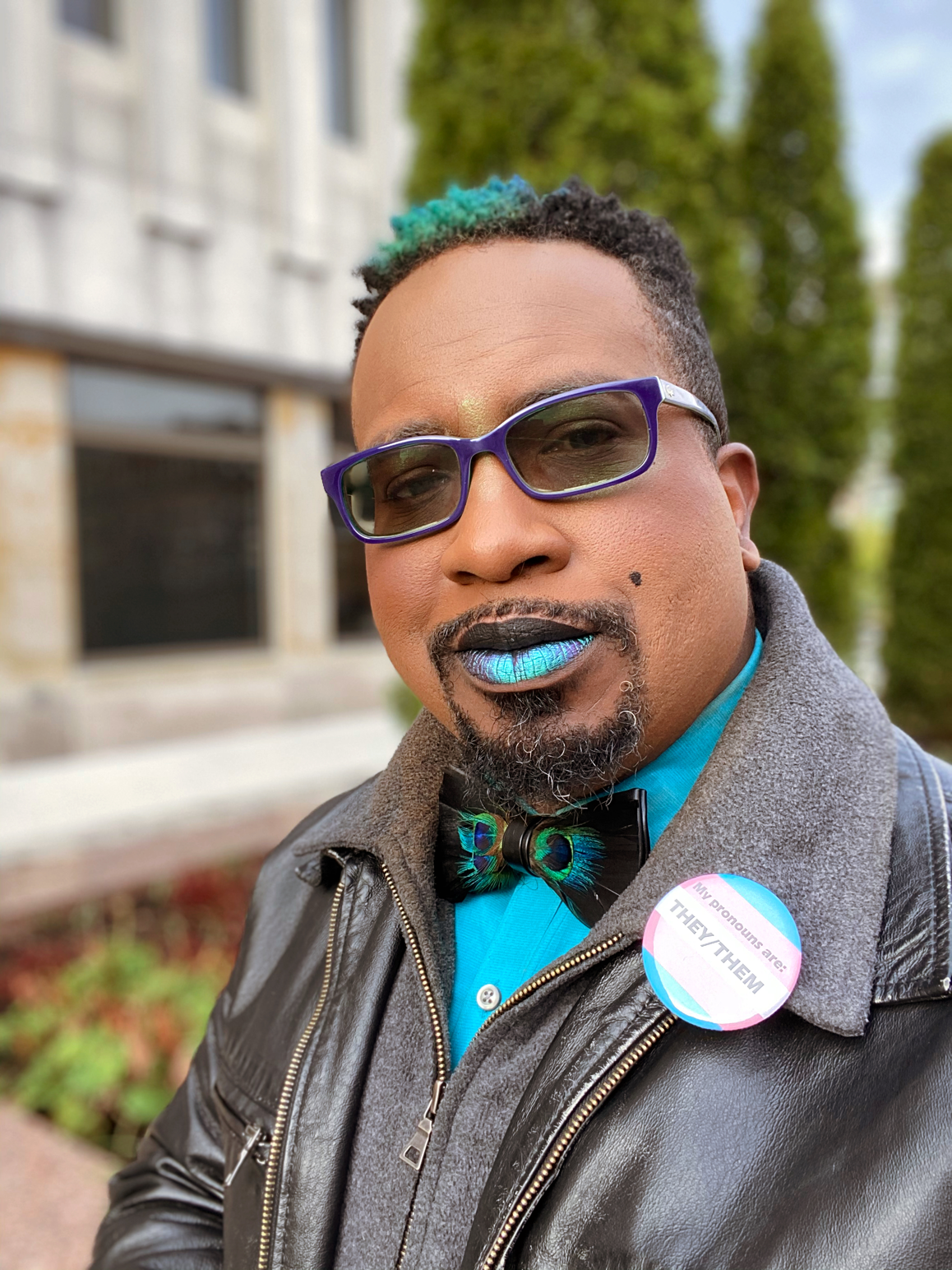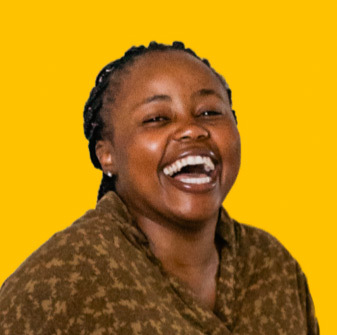(2/22/22) By Mx. Randall S. Leonard, LCSW-C
When bell hooks passed last year on December 15, 2021, media uplifted her writing and her active public voice surrounding advocacy. What I found interesting in Black Queer spaces was the sharing of the personal anecdotes of those who directly interacted with her and other Black activists. Among these activists was Miss Major Griffin-Gracy from the Stonewall uprising, who is still very open in sharing her witnessing of her life events. Miss Major has discussed how Trans community was prominent even when she moved to New York City in the early 1960s, despite socially constructed messaging that our community is small and recent.
Black activists have a prominent public message and role in their advocacy, and they also show up in personal Black spaces. Spaces that were once thriving and colorful Black Queer events have since transformed into Zoom appearances over the course of the pandemic. In these private-public spaces, activists can commiserate on shared lived experiences while paying witness to one another’s emotional struggles and labor. They give assurances, through openness and vulnerability, that serves to reduce Black guilt caused by marginalization. These precious exchanges allow Black Queer folks to exchange vital tips on how to survive within the paradoxes of this system.
As a Black Queer social worker working in this community, I see important themes in the messages from Black Queer activists – “continue to reclaim” and “continue to be authentic.”
We live in a system that continually reinvents itself to maintain our oppression. My own mother was a sharecropper, and it’s been fascinating to listen to her link slavery, share cropping, segregation, and red lining to current forms of indentured servitude under the guise of student loans repayment, the prison industrial system, or racial inequities in the cannabis industry. Marginalized Black voices learn new ways to liberate, and then those in power react through a new set of regulations that only serve to throw a new can of paint on the same tired acts of subjugation.

But in the midst of it all, there are these amazing stories of reclaiming and authenticity. It may be a Black activist visiting a campus and commenting to a weary Black student that they are seen and recognized. Or it could be the attention from a Black Trans activist complimenting the style of a nonbinary person who just came out. These are the essential personal moments of connection that may help us keep one another whole.
In the spirit of Black History month, here are some ongoing examples of how we can continue reclaiming and standing in our authenticity.
- Reclaiming the importance and value of authentic lived experiences. Some of the most effective learning I received during my MSW program was from three Black Trans activists sharing their experiences of living in Baltimore with a class full of social worker students. It showed me that my social work degree will never outweigh their lived expertise. Uplifting these lived experiences to gatekeepers-in-training can be useful for holding open doors.
- Reclaiming the word “Elder.” This starts by reimaging who an Elder might be and remembering that the concept can honor community members for more than achieving a certain biological age. It can also recognize the length of time someone has created their survival within dehumanizing systems. Many individuals younger than me have found authenticity by making vibrant new paths to live their identities openly. I view this sharing of courageous experiences as acts of Eldership. For Black Queer people, the maturity of lived experiences may or may not correlate with biological age.
- Reclaiming healthy expressions of Black emotions -- including joy, anger, fear, grief -- as valid, even when heightened. Claiming space to feel and express those feelings is a fundamental need within a system that continually tries to make us feel invalid unless we’re calm, grateful, and fawning while producing for others.
- Standing proud in the recognition that our authenticity continues to create culture. The looks, the moves, the tastes, the styles, the sounds, the beats, the dance, the dress, the practice, the connections, the sauces, the passion that sprang from our creative courage to live authentic lives. For every negative gawk I’ve received for throwing on a duochrome lip while reinventing how to wear a skirt, there has also been someone trying to figure out how to monetize my style for their benefit. It shows the tendency for people to be resistant to change unless it is commoditized. But many Black Queer individuals are both stylistic pioneers and nostalgic creators -- please see our takes on Afrofuturism for further reference. We can empower ourselves through shared authenticity and decide how we allow our beautiful talents to be shared with the larger culture.
In order for Black History month to not just be performative, we will need to continue to share the history of authentic lived experiences amongst and beyond our communities. Black liberation activists right here in Baltimore, like Shawna Murray-Browne, LCSW-C and Dr. Wendy Shaia, are already quite vocal on the importance of reclamation and authenticity. Who are the role models for your own liberation practice? As Black History Month 2022 comes to a close, let us continue to value our history, our rituals, and our Spirit. Let us continue to look toward creating our own forms of legacy “institutions,” dedicated to keeping the voices of activists past, present, and future alive.
News
